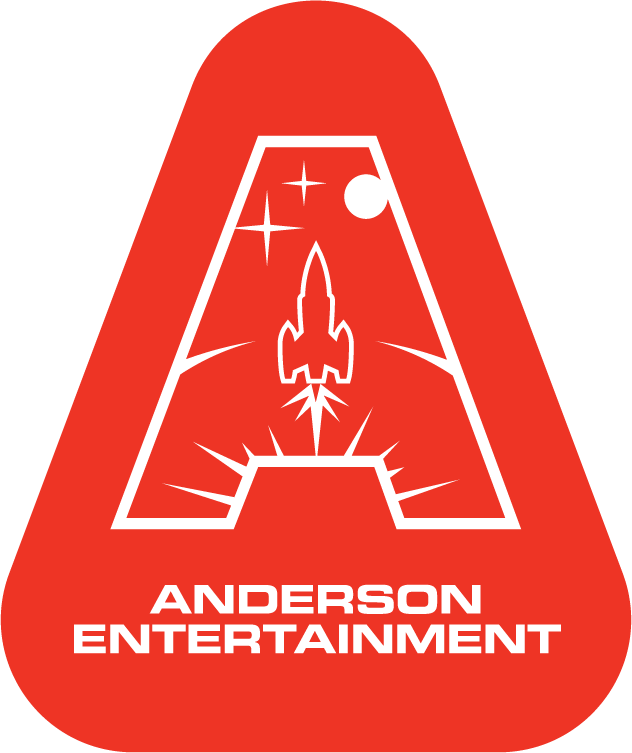Several episodes of Thunderbirds were famously inspired by real life events, including the penultimate episode of the series Ricochet – which based its story around what was at the time one of the hottest developments in British broadcasting.
 In 1964, the BBC found its radio broadcasting monopoly challenged by the launch of Radio Caroline, a pirate radio station based on a ship transmitting from international waters. Initially anchoring off the coast of Essex but subsequently sailing to other points around the country, Radio Caroline was exploiting a legal loophole which allowed it to broadcast pop music to the nation without fear of being shut down – music that the BBC at that time was not airing. Caroline was only the first; soon other pirate radio stations began operating from other ships and abandoned sea forts in international waters, all offering a trendy alternative to the more old-fashioned radio programmes of the BBC. Although these so-called ‘pirate’ radio stations were not making a significant dent in the BBC’s audience figures, they were capturing an audience that the Corporation was at that time largely failing to provide programming for – and as a result were extremely popular, capturing the hearts, ears and minds of the younger generations.
In 1964, the BBC found its radio broadcasting monopoly challenged by the launch of Radio Caroline, a pirate radio station based on a ship transmitting from international waters. Initially anchoring off the coast of Essex but subsequently sailing to other points around the country, Radio Caroline was exploiting a legal loophole which allowed it to broadcast pop music to the nation without fear of being shut down – music that the BBC at that time was not airing. Caroline was only the first; soon other pirate radio stations began operating from other ships and abandoned sea forts in international waters, all offering a trendy alternative to the more old-fashioned radio programmes of the BBC. Although these so-called ‘pirate’ radio stations were not making a significant dent in the BBC’s audience figures, they were capturing an audience that the Corporation was at that time largely failing to provide programming for – and as a result were extremely popular, capturing the hearts, ears and minds of the younger generations.

In his biography What Made Thunderbirds Go!, Gerry Anderson recalled the genesis of Tony Barwick’s 1966 Thunderbirds episode Ricochet, which saw the KLA pirate radio station operating from Earth orbit. “There was always something exciting about Caroline – after all, they were pirates, except of course they weren’t doing anyone any real harm. It was also the early days of space travel and it was perhaps inevitable that we would eventually come up with a show featuring a pirate radio station in space.” Often looking as much to the events of the present day as the future, this particular episode of Thunderbirds also reflected the popular hosts of the contemporary pirate radio stations – such as Tony Blackburn, Dave Lee Travis, Kenny Everett and John Peel – in the character of the high-flying disc jockey Rick O’Shea.

Thunderbirds wasn’t the only television series of its day to frame a story around a pirate radio station. Six months prior to Ricochet’s broadcast the final black and white episode of Danger Man, Not So Jolly Roger, was set on a pirate radio station operating from an old sea fort that was being used to pass on secrets to enemy agents. A few years later, the final episode of the first series of The Goodies found the Super Chaps Three attempting to create a combined pirate radio station and pirate postal service. Subsequent decades would see other television shows and films taking inspiration from the pirate radio stations for story ideas – including the Terrahawks episode Jolly Roger One.
The legacy of the pirate radio stations of the 1960s was to finally break up the broadcasting monopoly of the BBC while also forcing a restructuring in the Corporation’s radio output that acknowledged the varying musical tastes of their audience – ironically bringing on board many of the pirate radio disc jockeys in an official presenting capacity. The law was also changed at the beginning of the 1970s to outlaw offshore radio stations – but today, pirate radio still exists in various forms…although at the time of writing the pirates have (unlike Rick O’Shea) yet to make the move into outer space!









Leave a comment